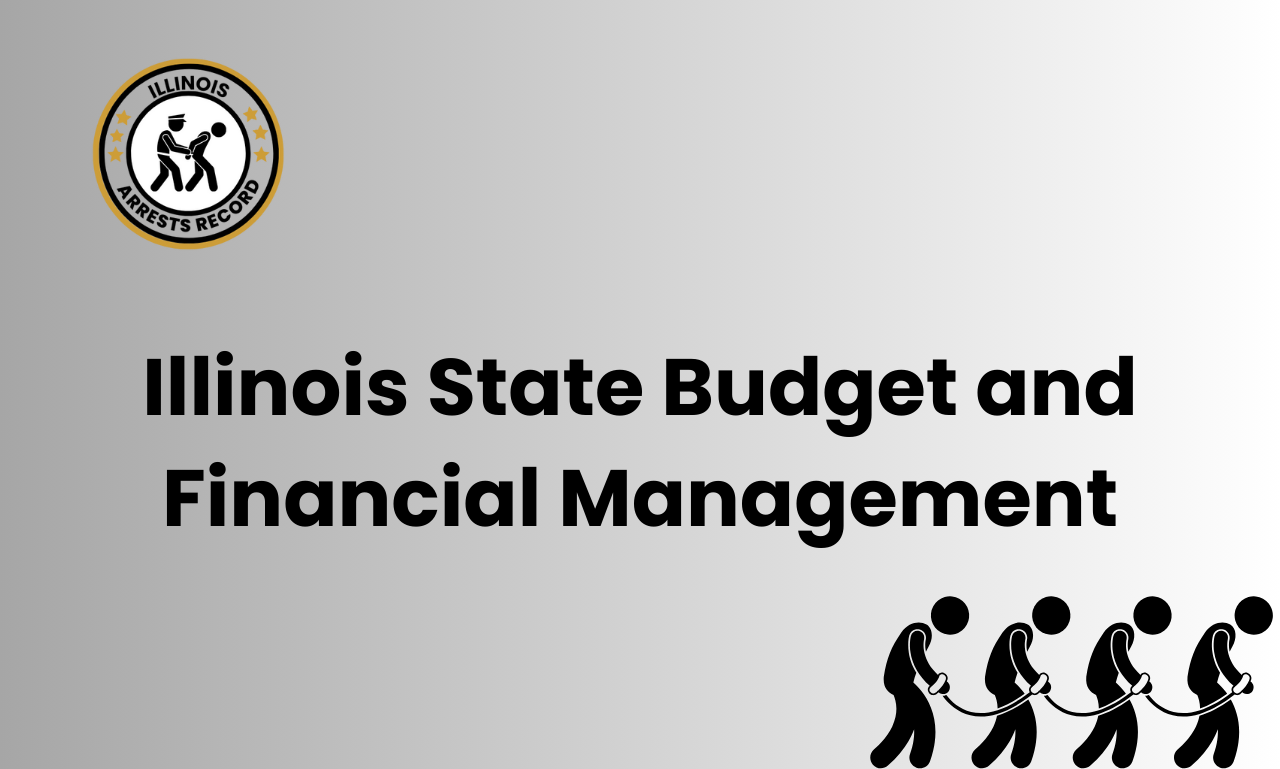Illinois State Budget and Financial Management
Discover the intricate workings of the Illinois State Budget and Financial Management in this comprehensive introduction. Delve into the complexities of managing finances at the state level and gain a deeper understanding of how these decisions impact the lives of millions of Illinois residents.
Explore the various facets of budget allocation, revenue generation, and fiscal planning that shape the state’s financial landscape. From education and healthcare to infrastructure and public safety, this introduction will illuminate the critical areas where the state’s budget plays a pivotal role in enhancing the well-being of its citizens.
Importance of Budget Allocation
Effective budget allocation is essential for the smooth functioning of any state. In Illinois, careful consideration is given to the allocation of funds across various sectors to ensure the well-being of its residents. Education, healthcare, infrastructure, and public safety are just a few of the critical areas where budget allocation plays a pivotal role.
Investing in Education
Education is the foundation upon which a prosperous society is built. Illinois recognizes the importance of providing quality education to its residents and therefore allocates a significant portion of its budget to this sector. This ensures that schools have adequate resources, teachers are well-trained, and students have access to a wide range of educational opportunities.
Prioritizing Healthcare
A healthy population is a productive population. Illinois understands the significance of a robust healthcare system and allocates substantial funds to ensure access to quality healthcare services. This includes improving healthcare infrastructure, supporting medical research, and providing affordable healthcare options to its residents.
Building and Maintaining Infrastructure
Infrastructure forms the backbone of any thriving state. Illinois recognizes the importance of investing in infrastructure projects that enhance transportation, communication, and overall connectivity. By allocating funds to infrastructure development and maintenance, the state aims to provide its residents with efficient and reliable systems that support economic growth and improve their quality of life.
Ensuring Public Safety
Public safety is paramount in any community. Illinois places great emphasis on allocating funds to law enforcement agencies, emergency services, and crime prevention initiatives. By doing so, the state aims to create safe and secure environments where residents can live, work, and thrive without fear.
Role of Revenue Generation and Fiscal Planning
While budget allocation is crucial, it is only possible through effective revenue generation and fiscal planning. Illinois employs various strategies to generate revenue, including taxes, fees, and partnerships. By carefully managing its finances, the state aims to ensure a sustainable and balanced budget that meets the needs of its residents.
Taxation and Fees
Taxation and fees play a significant role in revenue generation for Illinois. The state carefully assesses and collects taxes from individuals and businesses, ensuring fair and equitable distribution of the tax burden. Additionally, fees are imposed on certain services and activities to generate additional revenue.
Partnerships and Collaborations
Illinois understands the value of partnerships and collaborations in generating revenue. By forging alliances with private entities, non-profit organizations, and other government agencies, the state can access additional funds and resources to support its budgetary requirements.
Comprehensive Approach to Fiscal Planning
Effective fiscal planning is critical to ensure the financial stability and growth of a state. Illinois employs a comprehensive approach to fiscal planning, which involves forecasting, monitoring, and evaluating the state’s financial performance.
Forecasting and Projections
Illinois utilizes sophisticated forecasting models and projections to anticipate future revenue and expenditure trends. This allows the state to make informed decisions regarding budget allocation and identify potential areas of concern or opportunities for growth.
Monitoring and Evaluation
Continuous monitoring and evaluation of the state’s financial performance are essential for effective fiscal planning. Illinois regularly assesses the outcomes and impact of its budget allocation decisions, making adjustments as necessary to ensure optimal utilization of resources.
In conclusion, the Illinois State Budget and Financial Management is a complex and intricate system that plays a crucial role in the well-being of its residents. By prioritizing budget allocation, revenue generation, and fiscal planning, the state aims to create a prosperous and thriving environment for all its citizens.
FAQ’s
What is the Illinois State Budget?
The Illinois State Budget refers to the financial plan and allocation of funds for various public programs and services in the state. It outlines how the state government intends to spend its revenue to meet the needs of its residents.
How is the Illinois State Budget created?
The Illinois State Budget is created through a collaborative process involving the Governor, state agencies, and the General Assembly. It begins with the Governor proposing a budget, which is then reviewed and modified by the General Assembly before being finalized.
What factors influence the Illinois State Budget?
Several factors influence the Illinois State Budget, including the state’s economic conditions, revenue projections, population needs, and federal funding. Other factors such as infrastructure requirements, healthcare costs, and education priorities also play a significant role in shaping the budget.
How is revenue generated for the Illinois State Budget?
Revenue for the Illinois State Budget is generated through various sources, such as income taxes, sales taxes, corporate taxes, and federal grants. Other revenue streams include fees and licenses, lottery proceeds, and funds from investments.
How does the Illinois State Budget impact residents?
The Illinois State Budget has a direct impact on the lives of millions of residents. It determines the availability and quality of public services, such as education and healthcare. Additionally, the budget influences infrastructure development, job opportunities, and the overall economic well-being of the state’s residents.







